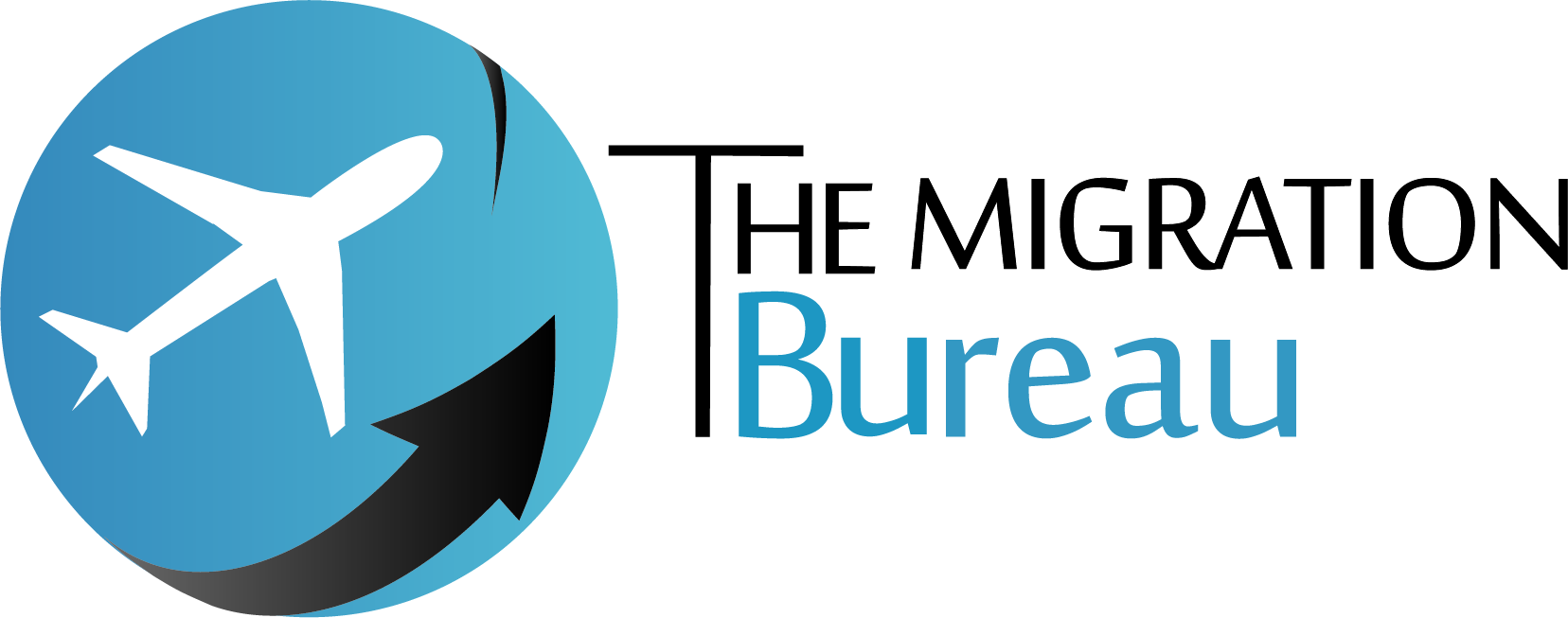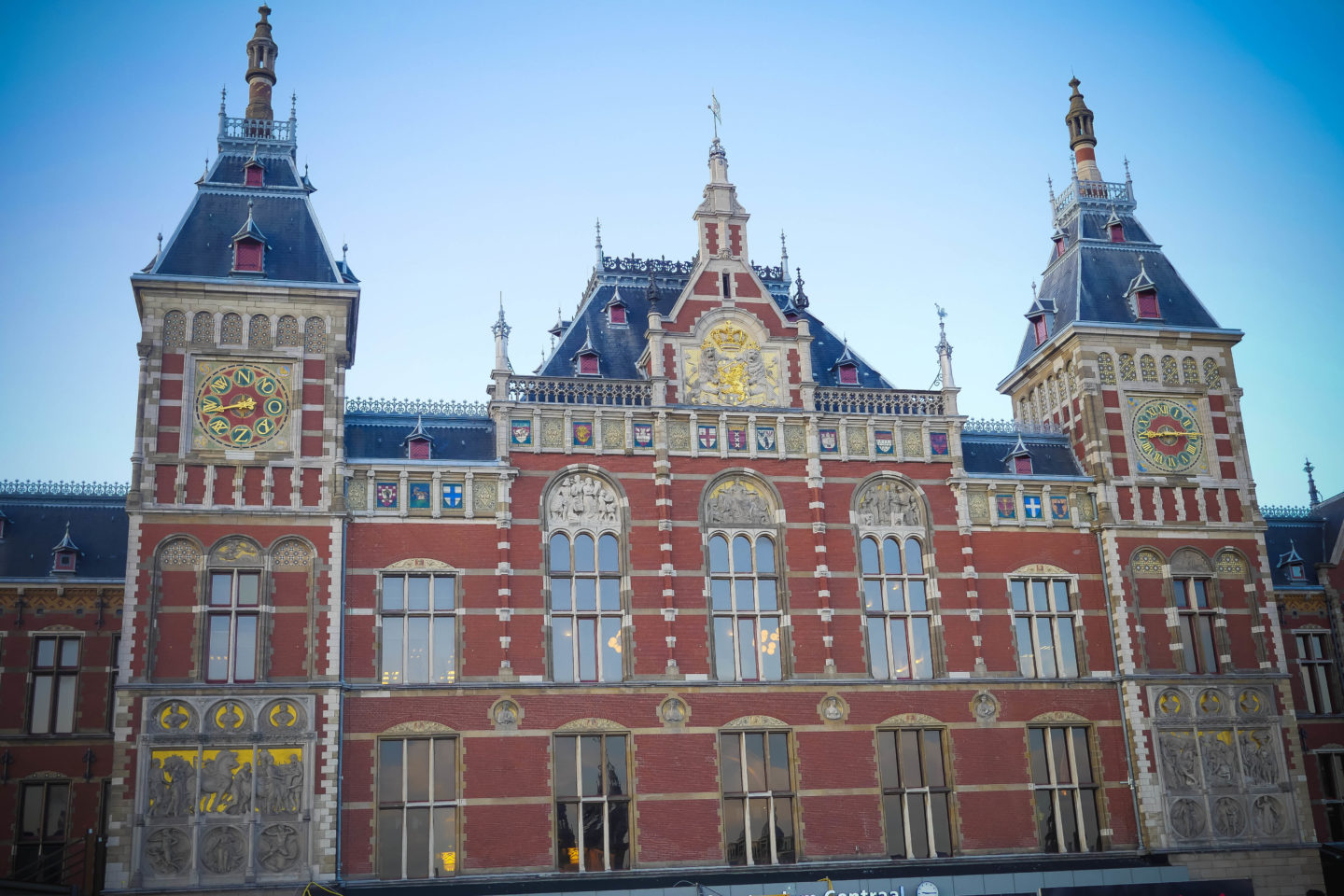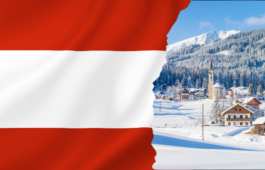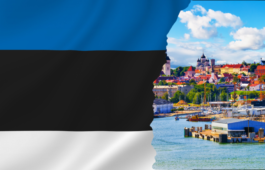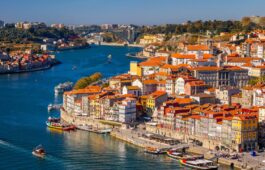Every non-EU citizen who wants to work in the Netherlands has to obtain a valid work permit. Either the employee or their prospective employer may request the permit, although it is usually the employer who makes the request.
Duration of your stay
How long you come to work in the Netherlands determines whether you need a residence permit.
Stay of fewer than 90 days
If you will be working for fewer than 90 days, you usually need a short-stay visa. Whether you need a visa depends on your nationality. You apply for a short-stay visa at the Netherlands embassy in your country of origin or the country of continuous residence. Is there no embassy in the country where you live? You can then go to an embassy in a neighbouring country. In addition, you employer usually has to apply for a TWV for you.
Cross-border worker
Your stay in the Netherlands is also viewed as a short stay when you are a cross-border worker. You then work in the Netherlands but you live in a different EU country (for example Belgium or Germany).
Stay for more than 90 days
If you come to work for a longer time, you will then need a residence permit. You can read below which residence permits there are and how the application works.
Residence permits for working in paid employment
There are various residence permits for working in the Netherlands. Which residence permit you can apply for depends on the job you find in the Netherlands. Below you will see an overview of the possible residence permits.
You work at a company established outside the European Union (EU) and you are transferred to a branch in the Netherlands.
For this residence permit you cannot apply yourself. Your employer should apply for the residence permit at the IND.
You are going to work in a high-level position. Or you are going to work as a (guest) lecturer, trainee doctor or scientific researcher in paid employment. Specific salary requirements apply. Your employer must be recognised as a sponsor by the IND.
For this residence permit you cannot apply yourself. Your employer should apply for the residence permit at the IND.
The European blue card is intended for employees who perform highly skilled work within the EU. Specific salary and educational requirements apply. This residence permit also makes it easier for the employee to work in a different EU Member State. Your employer will apply for your residence permit.
For this residence permit you cannot apply yourself. Your employer should apply for the residence permit at the IND.
You can also work as a researcher within the meaning of Directive (EU) 2016/801. You do not need to receive a salary; you may also receive a grant. Your employer must be recognised as a sponsor by the IND.
For this residence permit you cannot apply yourself. Your employer should apply for the residence permit at the IND.
This is the standard residence permit for working in paid employment in the Netherlands. Several permits exist for work in paid employment with specific rules:
You will apply for this purpose of stay if you are a student and will do an internship in the Netherlands or will go to work for a Dutch company in order to gain work experience. You can also do an internship or gain work experience in the context of an EU action programme.
You work at a company in the EU, EEA or Switzerland. You will provide services for this company in the Netherlands.
Family members
Your family members can usually come along to the Netherlands. You cannot take your family members along only if you come for seasonal work or if you come for work placement or to gain work experience.
